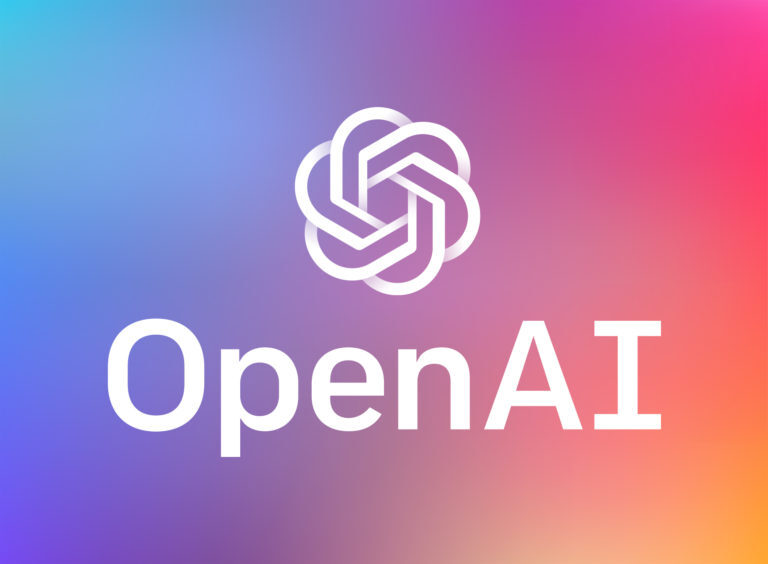Content regulation that can only spectacularly backfire.
- The EU’s latest proposal to allow media outlets to charge search engines to index their content is a frightening sign of how the EU has the potential to damage the Internet experience for all EU users.
- The idea is to change EU copyright law such that the owners of content indexed by search engines will be able to charge the search engines a fee for doing so.
- The problem here is simple:
- The owners of the content derive far more benefit from having their content indexed than the search engines do.
- Consequently, when the search engines stop indexing their content, as a result of having to pay for it, content owners will see the traffic to their content plummet and their advertising revenue with it.
- The net result is likely to be that content owners quickly re-adjust their pricing to zero and this storm in a teacup will quickly be consigned to the scrapheap of EU regulations that don’t work.
- The strange thing is that this has already been tried in Germany where the impact on Axel Springer’s traffic was so severe that it had to scrap the levy.
- It has also been tried in Spain where Google responded by closing down its news service, making it more difficult for users to find the news stories they were interested in.
- The EU proposal notes these failures but hopes that an EU wide harmonisation of this regulation will somehow make a difference.
- The worrying thing here is not the proposal itself, as I think this will disappear without a trace, but the fact that EU thinks that it might work.
- This demonstrates a fundamental lack of understanding of how the Internet works and increases my concerns that the EU will eventually regulate some other area of the Internet with much more serious consequences.
- What the EU fails to understand is that it is the user that is in the driving seat not the commission itself.
- Almost every session on the Internet, that is not an app, begins with a web search because that is the easiest way for users to find what they want.
- The EU is supposed to be concerned with the best interest of EU-based Internet users but as far as I can see, this will achieve nothing other than to damage their Internet experience.
- With regards to the investigation into Google’s practices with Android, I think that the EU is doing a much better job (see here) but in this case it is in the interest of users to leave this well alone.









Blog Comments
Rita
August 30, 2016 at 10:24 am
If to consider Google as supra-portal, EU seeks to strenghen local portals by disabling google. It seems expectations are that readers will come back to model of subscription to local portals. Its a known problem with Google that local content/ news in local languages are berried on page 25 -100 on Google search and inrenet users actually get only main stream content (or content providers must pay Google to appear on the furst page) . Local cintent priducers suffer a lot from Google indexing – majority start internet from Google or FC and local content has no chance to be on first page. Not sure if EU authorities chosen right means and it can change habits of content consumption. But it would be interesting to live in ” pre-google” era while local portals were dominating start-page.
windsorr
August 30, 2016 at 3:05 pm
This is the what the EU thinks. Whay it doesent realise is that this will have the opposite effect. The smaller players cant afford the fees so even if the fees end up getting paid it further skew the market to the larger players….
Rita
August 30, 2016 at 3:34 pm
Or it will appear chances for local search engines to grow when dominant player will be a bit restricted.
Chris
September 5, 2016 at 12:29 pm
So you think as users we should suffer from bad search results just to help some local company that has crappier results (don’t get me started on Quaero)? The solution is not making the leader slower, but creating conditions in Europe that allow companies like Google to get created. We don’t have the infrastructure in Europe, it’s hard work to create that environment, but I don’t see anyone taking a stab at this…
windsorr
September 6, 2016 at 9:51 am
This has nothing to do with users. Its about the EU misunderstanding and meddling in the market for search. You are right though, there are no great EU tech companies left outside of SAP and ASML.
Tomasz Jamroszczak
August 30, 2016 at 12:45 pm
I don’t oppose your thesis that EU doesn’t know the right answer to the question: how can we help press.
However, the press is dying. Online ads are going astray (https://www.rjionline.org/stories/breaking-news-1-how-monetizing-became-malvertising), paywalls work only partially, Apple News or Google’s AMP are eating their own share of the cake, and quality of journalism is getting worse. EU wants to help press the way it sees it: by fighting one corporations in favor of another. That’s not the right path, but is there someone who knows which path is?
windsorr
August 30, 2016 at 2:44 pm
Quality of journalism getting worse because the press can no longer afford to pay for good quality journos so they have all gone off to do other things…same as analysis….
União Européia tem a proposta mais imbecil do Universo envolvendo sites de buscas
August 31, 2016 at 6:27 am
[…] bem dito aqui, o assustador não é a proposta, muito provavelmente não vai passar. O assustador é algo imbecil […]